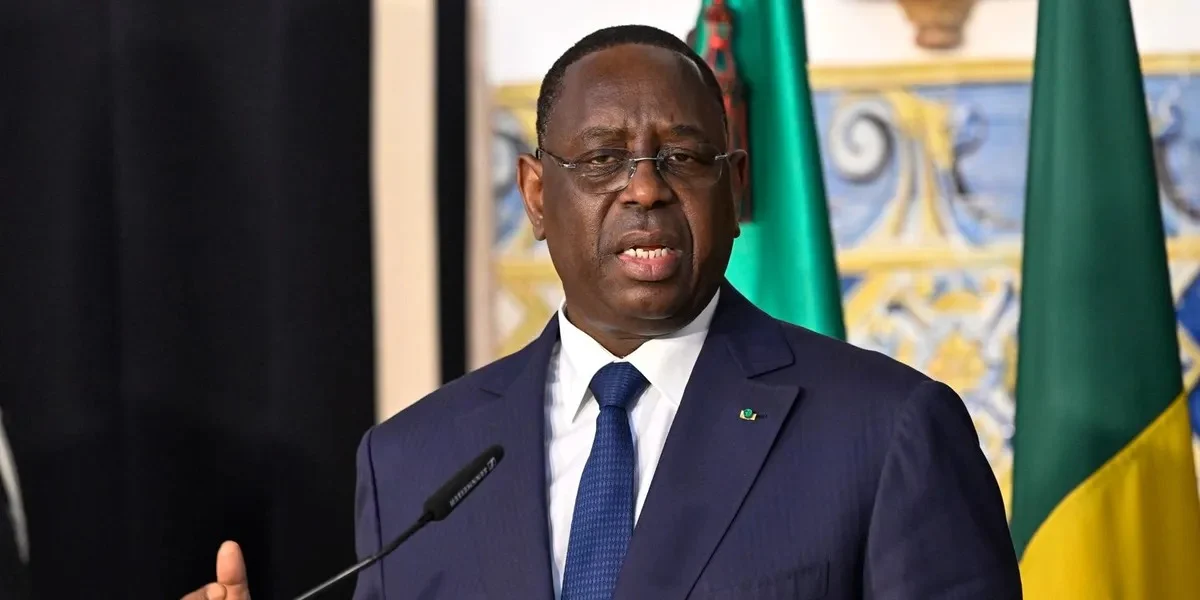In Senegal, the International Monetary Fund (IMF) asserts that between 2019 and 2024, a debt of around $7 billion was concealed by Macky Sall’s administration, confirming the findings of the Cour des Comptes.
In a report published in February 2025, the latter had noted an undervaluation of the debt as well as irregularities in the management of public finances. “ There has been a deliberate attempt to underestimate the real level of debt over the last five years”, says Eddy Gemayel, head of the IMF delegation. He confirms that the institution shares the Court of Auditors’ conclusions.
According to the IMF, the hidden debt represents around $7 billion, the difference between the official estimates of the Macky Sall administration-which put the country’s indebtedness at over 70% of GDP-and those of the Cour des Comptes, which put it at close to 100% of GDP. ” This underestimation enabled the authorities to take out more loans on the financial markets, reassuring investors and obtaining more advantageous interest rates than if the real debt had been revealed,” explains Eddy Gemayel.
This excessive level of indebtedness has widened the public deficit and led to the suspension of the IMF’s aid program to Senegal. This loan, worth 1.8 billion euros, has been frozen since last September, when the new Senegalese authorities, in office for a year, revealed inconsistencies in the official figures under President Macky Sall.
In order to resume financial aid, the IMF is demanding that the Senegalese government identify the mechanisms that allowed this concealment to occur, and adopt corrective measures to prevent such a situation from recurring. Among the solutions envisaged are the establishment of a single account for the Treasury and the centralization of the bodies in charge of debt management.
In the coming weeks, the IMF will have to decide whether to grant Senegal a waiver, or require repayment of the sums already loaned before considering a new aid program.


